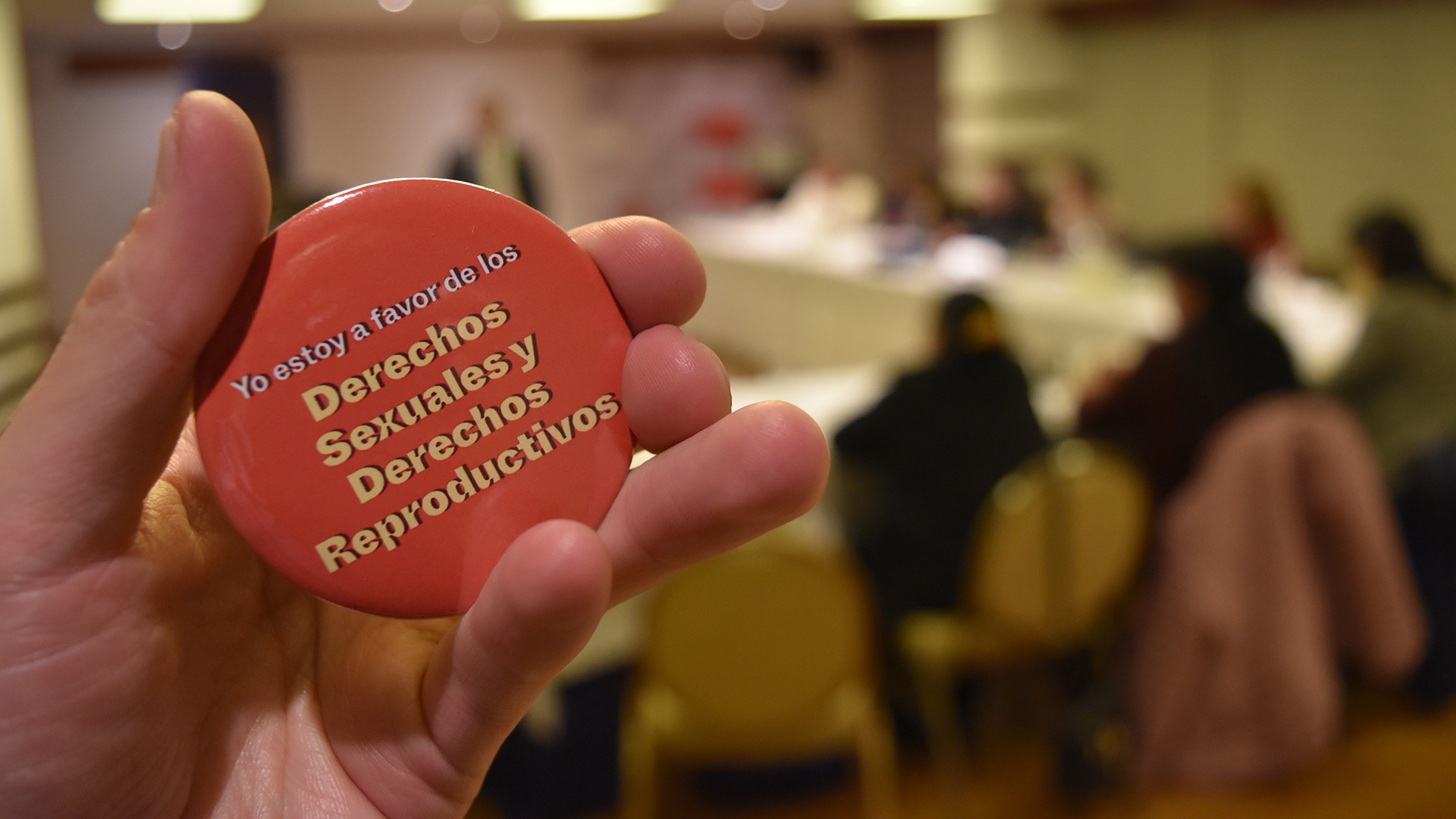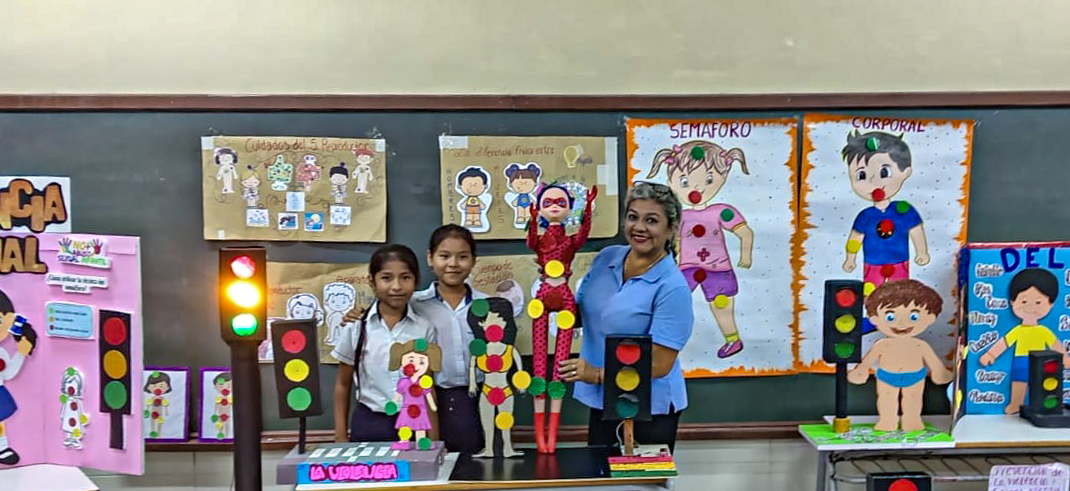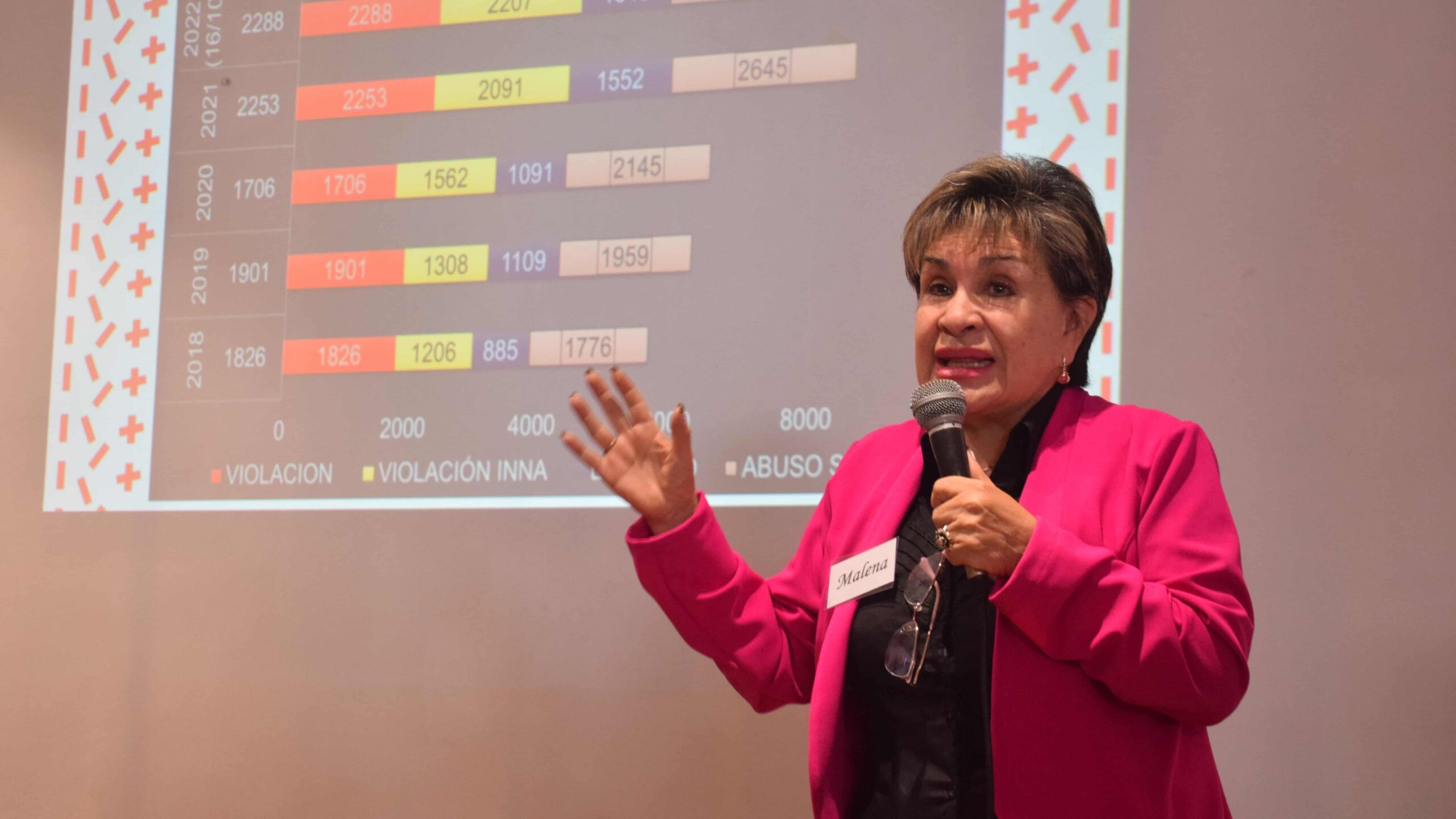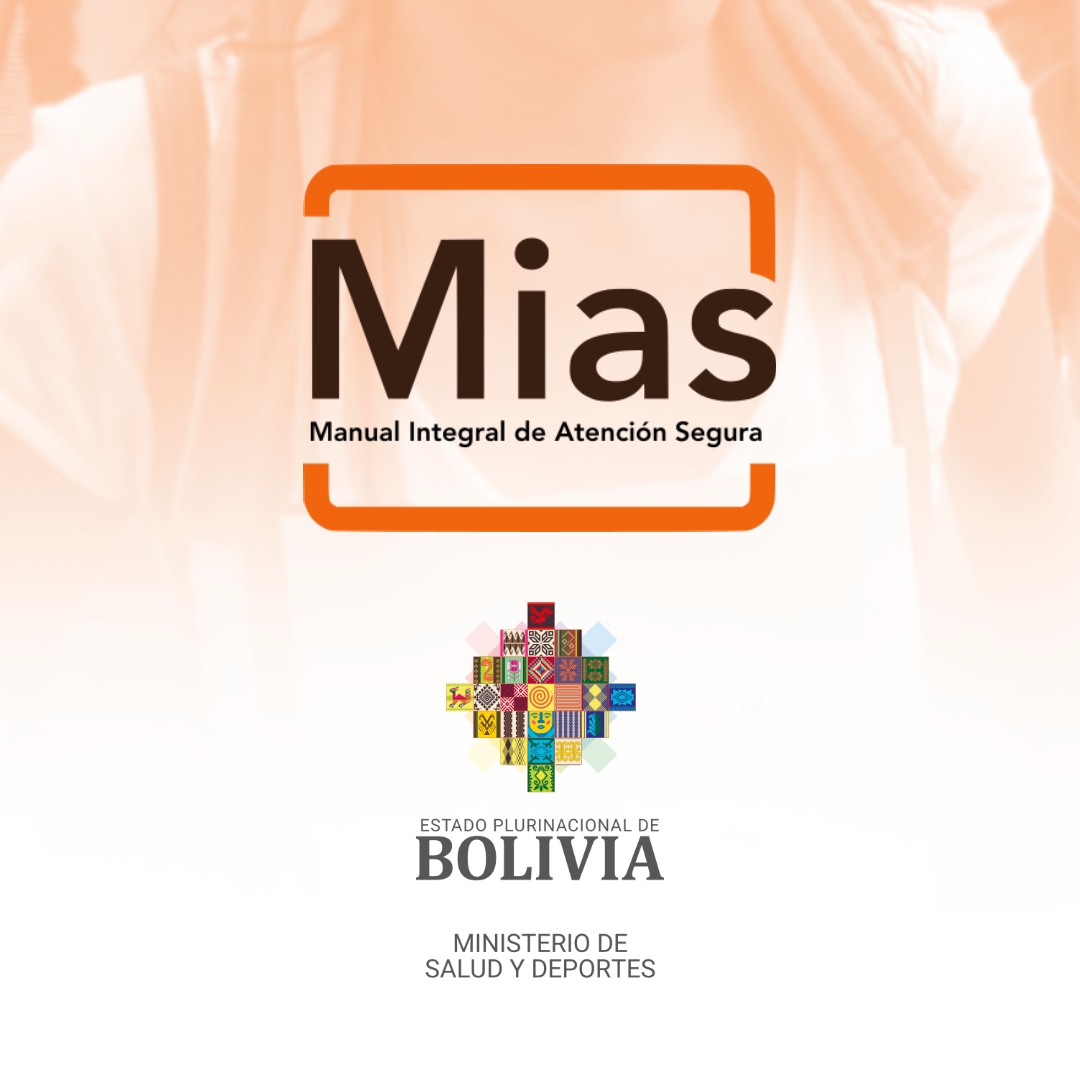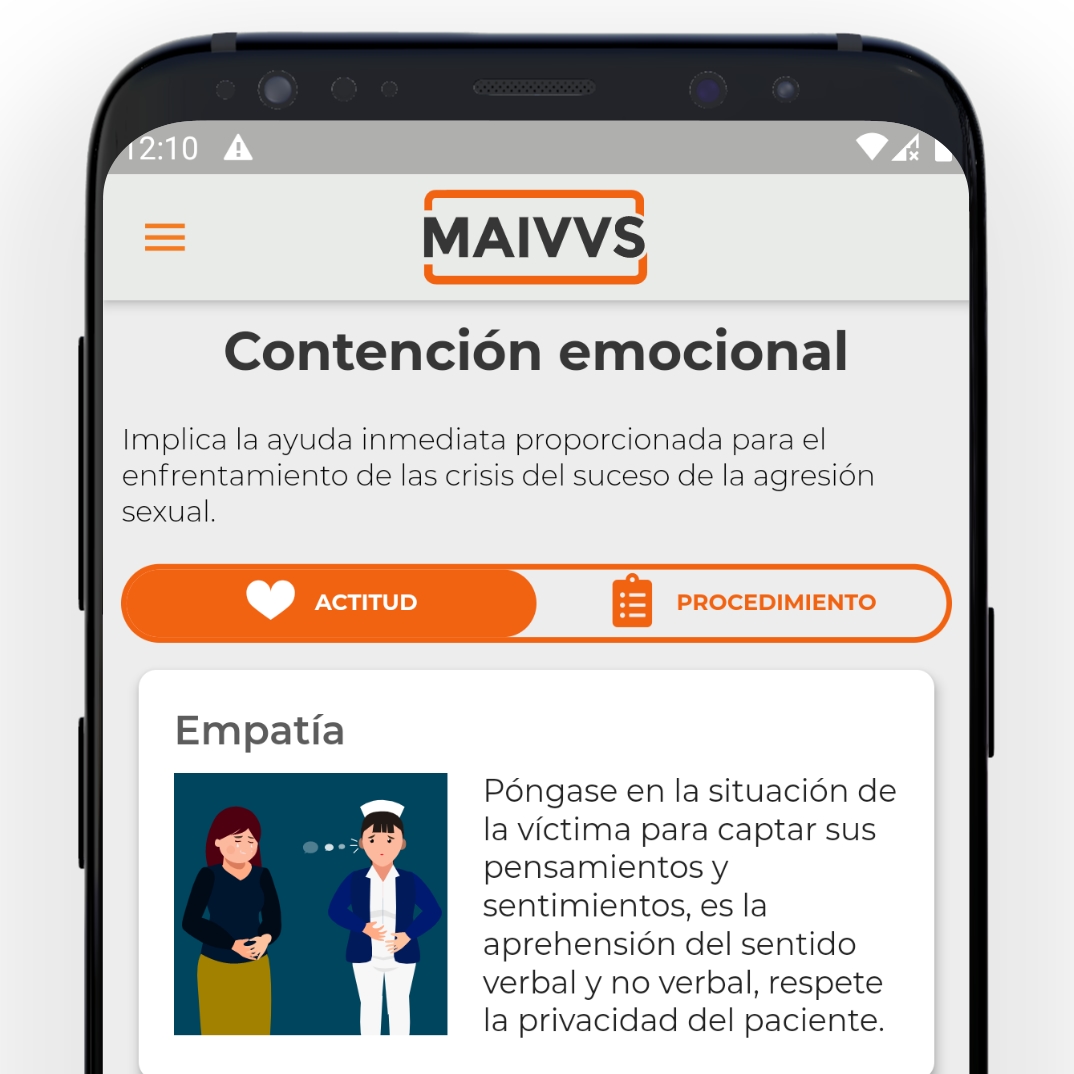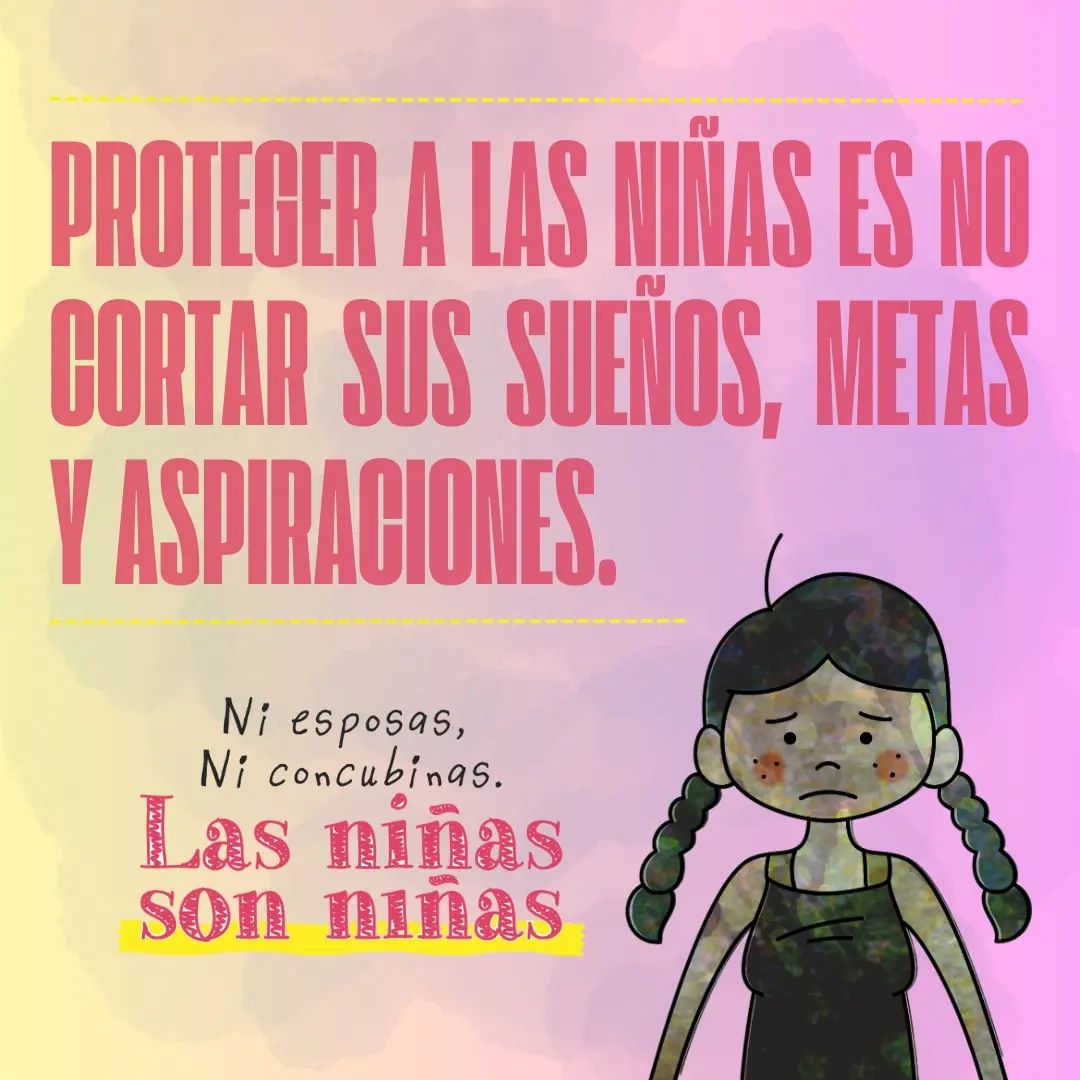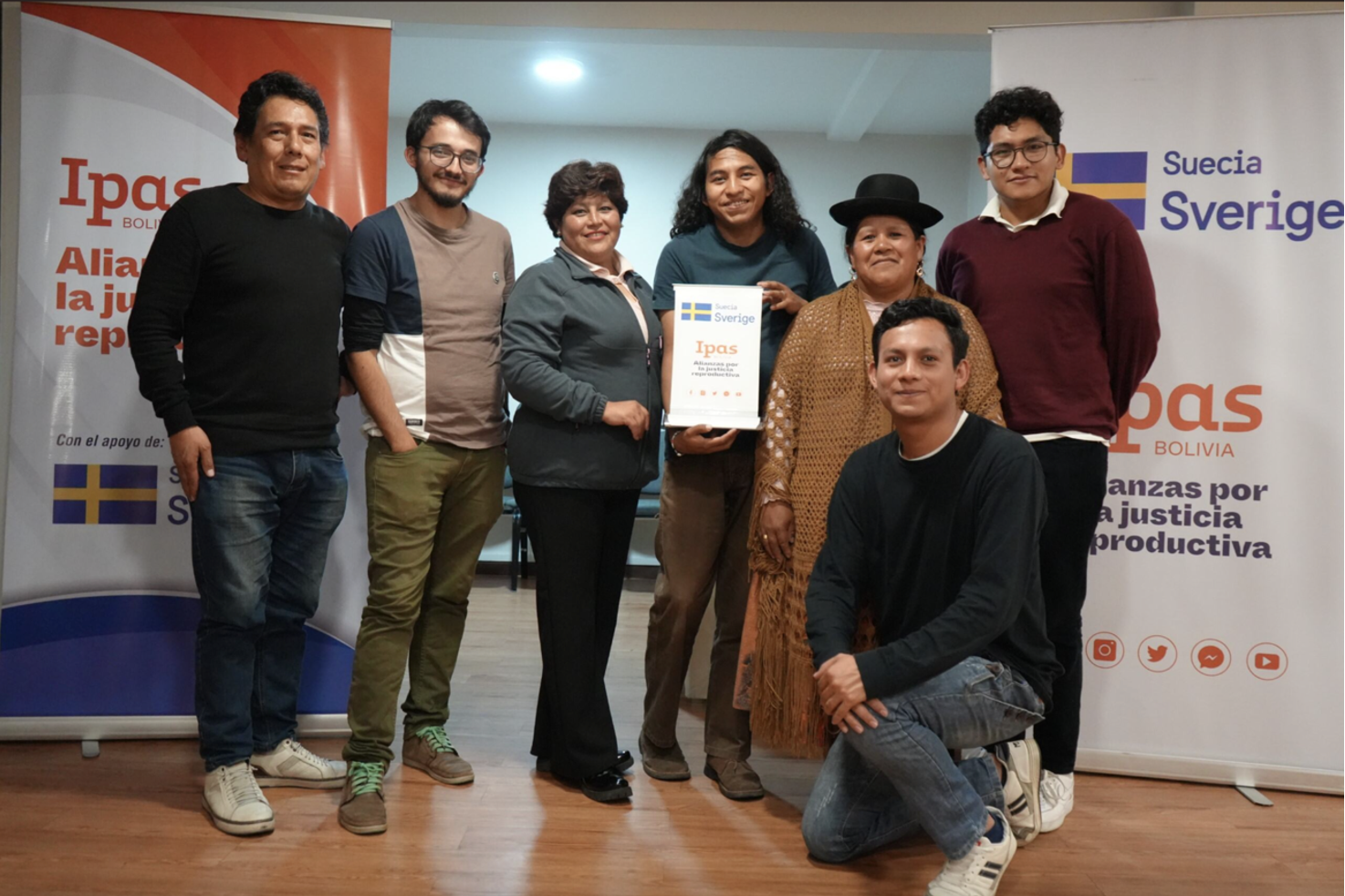On May 11, RedActora, a journalism network in defense of sexual and reproductive rights, was launched by Ipas Bolivia with the support of the Embassy of Sweden. This initiative aims to strengthen journalism to contribute to the generation of more informed, empathetic and favorable environments for survivors of sexual violence, promoting the full exercise of their rights.
The meeting was held at the end of a two-month intensive training process that combined journalism tools with a gender focus and a comprehensive approach to cases of sexual violence, with special attention to its treatment in the media. The training was conducted by a journalist specializing in human rights and a gender approach, together with a multidisciplinary team from Ipas Bolivia made up of professionals in the areas of public policy, health and psychology.
This accompaniment allowed to deepen the ethical, technical and sensitive understanding of sexual and gender-based violence, and to consolidate in the participants the necessary skills to exercise a rigorous, critical, empathetic and committed to social justice journalism.
The objective of the event was to strengthen the articulation between journalists committed to the practice of ethical journalism, with a human rights and gender perspective. During two days of collective work, the founding manifesto, the articles of incorporation and the approval of the network’s identity, internal rules and ethical commitments were drawn up.
%209.05.23%E2%80%AFa.%C2%A0m..png)
Luis Fernando Cantoral, one of the members of the network commented during the event: “We agree on the need to build narratives that do not revictimize and that make visible the voices of those who have historically been silenced. The creation of RedActora gives us collective strength to influence the media agenda and also to continue growing professionally.”
RedActora was born with the conviction that journalism is a powerful tool to transform narratives about sexual and gender-based violence, to make visible the importance of sexual and reproductive rights, and to reflect both the advances and the pending challenges.
%209.09.06%E2%80%AFa.%C2%A0m..png)
It is also projected as a space for mutual learning and collaborative construction, where the exercise of responsible journalism, free of stigmas and based on evidence, is promoted.

